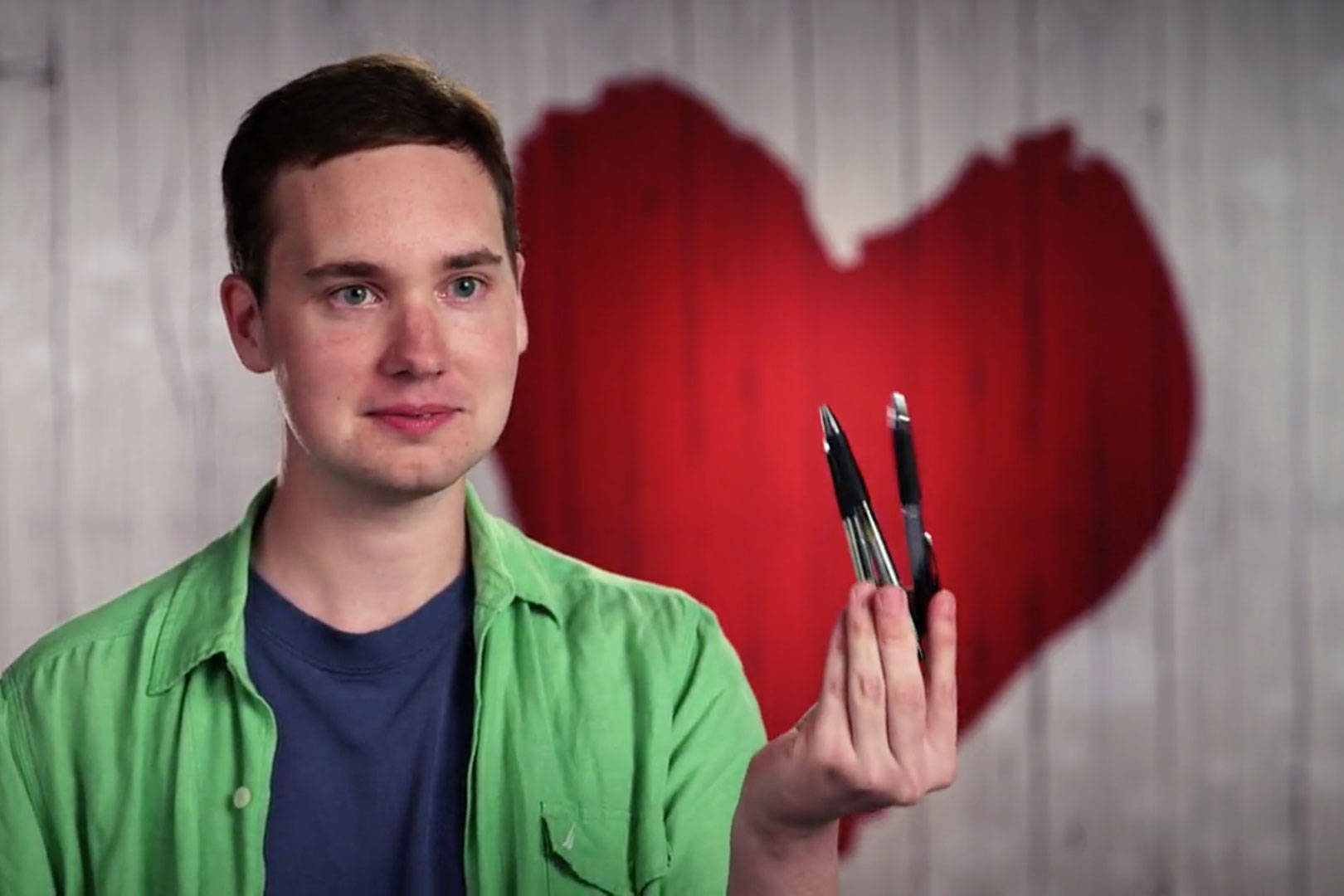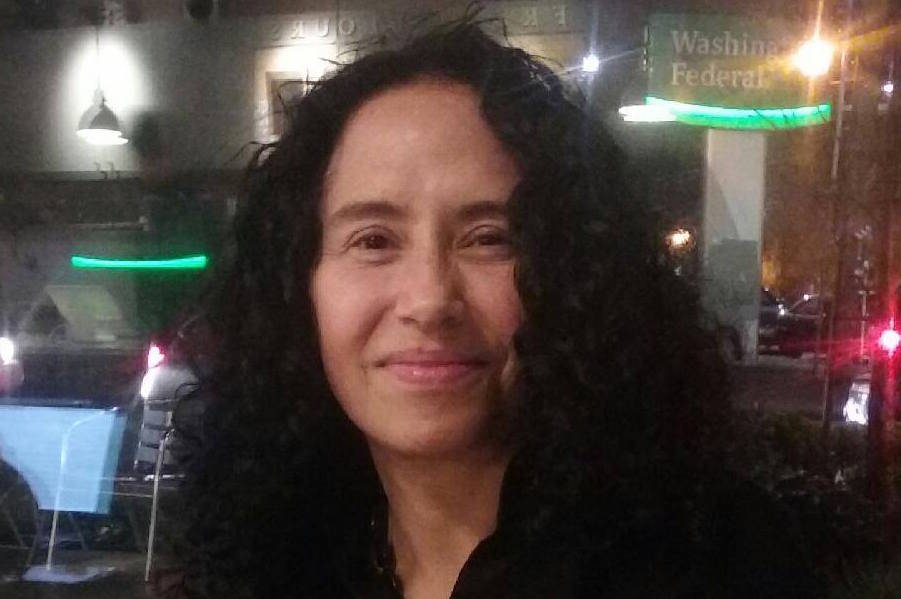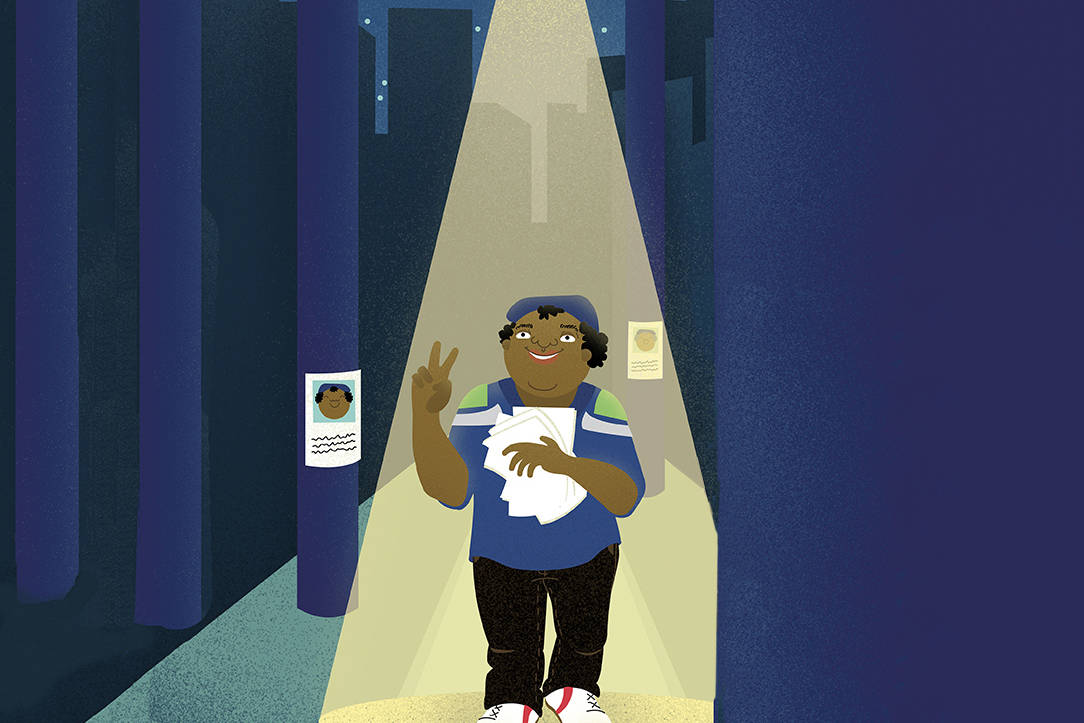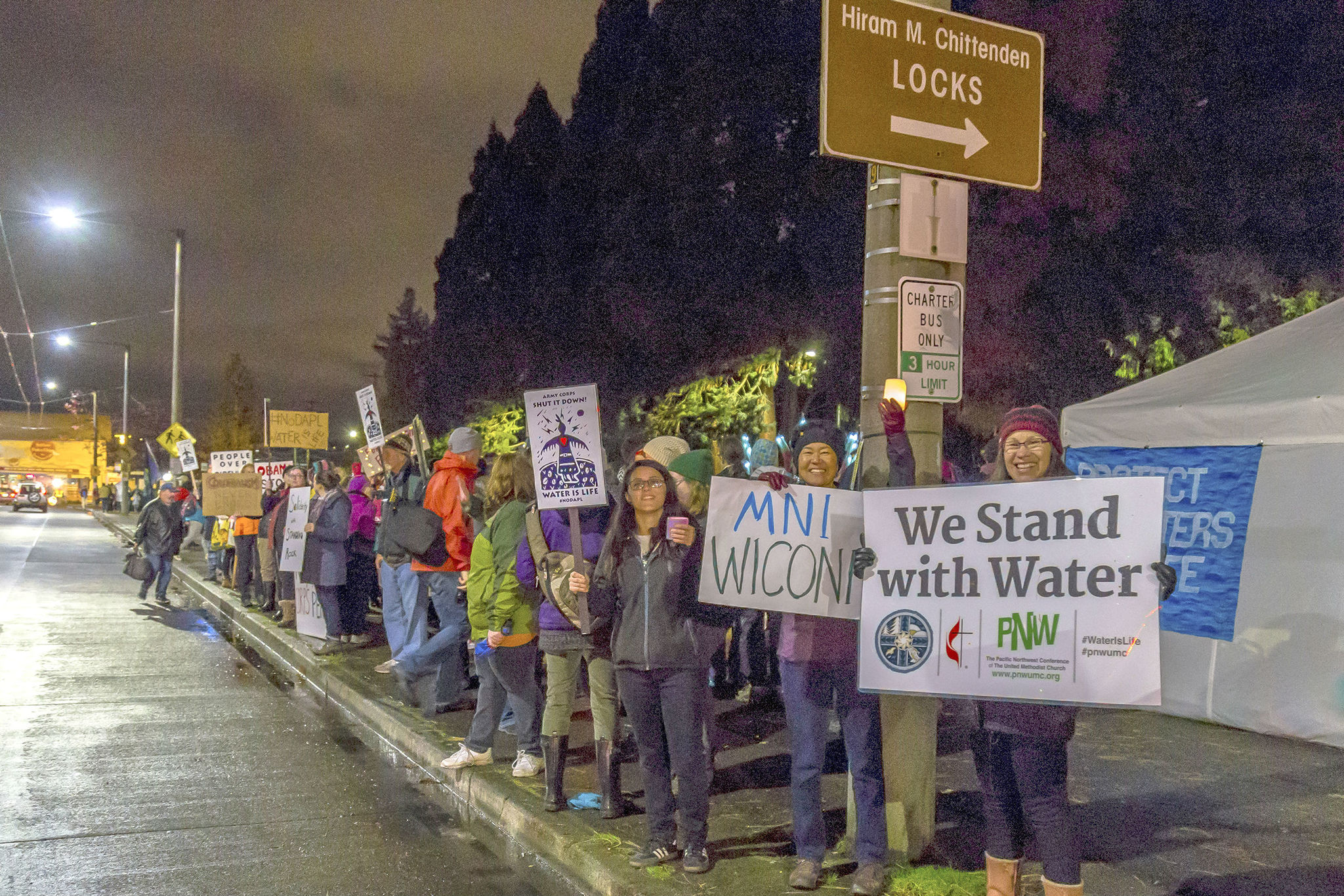Last month I had the metaphysical experience of watching myself awkwardly stumble through a blind date on the new NBC reality show, Ellen DeGeneres’ First Dates. The two things I took away from seeing myself strike out on national TV are that I need to both totally re-evaluate the way I come off to others, and get better clothes.
As for the re-evaluation: The thing that’s been making me wonder about my image hasn’t even been the show itself so much as the kinds of messages I’ve been getting from as far off as Australia since my episode aired. Despite being brought onto First Dates in the first place because the casting directors thought my online application showed I was a nerd with that real nerd flavor (the date was framed as one between two Seattle nerds), none of the people who sent me messages about how much they related have been all that nerdy. Correction: The woman from Australia was pretty nerdy—her Facebook profile pic was her posing with a life-size E.T. doll in front of a wall of collectibles—but she is the exception.
So far, basically everybody I resonated with has been of solid American stock—the kind of people who watch The Middle. Four of the messages alone are from deeply religious single mothers living in isolated parts of the country, from rural California to small-town Delaware. The message that’s been gnawing at me the most came from an underemployed single mom in her mid-30s with a restraining order against her abusive ex-husband. Here it is, condensed with all identifying details removed:
When I saw you on TV I cried so much I had to finish watching it online. I’ve watched you dozens of times now. Sometimes I play it to help me fall asleep. When I was younger I would have made fun of you. In high school my ex-husband spit chewing tobacco on somebody like you and it was the funniest thing ever. I have nobody now. I wish I had somebody like you to raise my daughters with me. To talk to me. If you’re ever in ——,—— and need a place to stay there is a house for you. I know you’ll never be in ——. I like to bake. If you give me your address or P.O. Box I’ll send you some cookies. In His Grace.
Messaging back and forth with her was the only time I’ve had difficulty telling somebody I’m an atheist. But what was even harder, and what got me thinking about the image I project, was telling her I’m not totally like what she saw on the show. Not that what she saw wasn’t accurate. Dropping food off my plate, forgetting people’s names, and stream-of-consciousness rambling were genuine—all things I would have done when nervous even if not being filmed by hidden cameras in a nice restaurant. The main difference between the show and reality is, in unedited reality, the date was way worse.
Not only did I drop food on the floor, I picked it up off the black carpet and tried to hide it in a napkin when my date went to the bathroom, thinking it would be less noticeable. Not only did I ramble about words that kind of sound like fondue (“fondone”? Is that a word?), I also rambled for 10 minutes about this old woman I’d just interviewed who’d written a play advocating for utopian incest.
I’m definitely not bashing First Date’s editing choices. There is a limit to what can be seen on national TV. Awkwardness has to be stylized just as violence does to make it watchable, otherwise people would be repulsed by it. As Nietzsche said, “We have art in order not to die of the truth.” And he was totally right. The cringe humor of shows like The Office or Arrested Development provides a buffer to actually having to think about the real versions of those kinds of people.
The only problem with stylized awkwardness is when people attempt to embrace it in real life. Shows like Sherlock or The Big Bang Theory basically give socially inept people permission to be jerks. Except without professional writers, it is way more irritating. Fortunately, I don’t think I come off as a jerk, but I also can’t imagine anybody wanting to imitate me. Even worse is how hordes of white guys want to identify as nerds because it is the only way they can get victim status, and get it in a really entitled, narcissistic kind of way—like, “Sigh … You could never understand what I’ve been through. I was a big Star Wars fan in high school.”
Not only does this make them annoying to be around, it does not even benefit them. The idea that the high-school loser always comes back to his 10-year reunion loaded with tech money and a supermodel on his arm is an American myth; it harms these people because it makes them think that, just because they are into a bunch of consumeristic, corporately controlled, copyrighted superhero crap, they are somehow innately going to be successful. Sorry, this is turning into a rant.
So in short, when the producers asked me in the Skype audition if I considered myself a nerd, I was conflicted. “Um … I read a lot … ” Not being much of a reality-TV watcher (in fact, between this and the time I was pranked by total coincidence on Betty White’s Off Their Rockers, I’ve basically been on as much reality TV as I’ve seen), I figured it was all going to be scripted anyway, with all the lines written out, so I had no issue saying I was whatever they wanted.
My thinking changed when my driver picked me up at the airport and told me it wasn’t scripted and I should just be myself because the producers had been kinda pissed about all the people trying to play characters. When I learned that we weren’t going to be cynically making stuff up, I totally freaked out over the prospect of being genuine on TV. Fortunately, freaking out whenever something unexpected happens is what I do in real life anyway, so it all worked out … except for the date itself … at the end of which I got dumped.
After getting back to Seattle and realizing I conformed to the nerd stereotype more than I would have liked, I was considering distancing myself by trying a new stereotype—like becoming one of those activism junkies who will promote any cause on Facebook but don’t actually show up to the protest. I decided against this on the grounds that it would be trading in one thing for another, and there’s already a lot of overlap anyway. Ultimately I changed nothing, except getting new clothes, since the feedback’s been good and a lot of miserable people related to what I am kinda like. So the final lesson wasn’t even be yourself as much as: Be nothing, let the stereotypes form around you, and be glad there are good video editors.
news@seattleweekly.com








